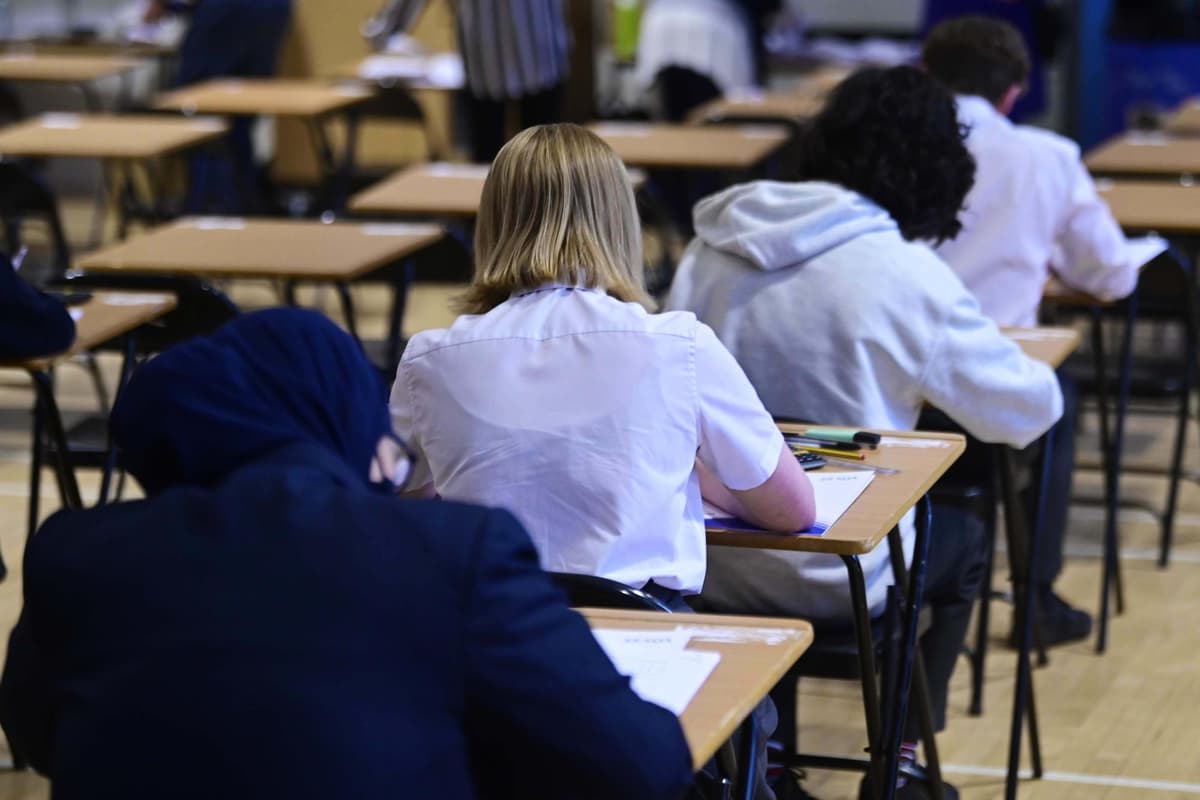Scottish councils have warned of an “intense pressure” on schools as half of secondary pupils in some areas now have additional support needs (ASN).
Local authorities have laid bare the "increasingly challenging” balancing act they face trying to support a soaring number of ASN pupils, including a rise in those with more complex needs, amid an “extreme” squeeze on spending.
And they said they were dealing with a “great deal of upset and anger” from parents who are often frustrated the provision on offer for their children does not meet their expectations.
Just more than a third of pupils in Scotland now have an ASN, with the number having almost doubled in a decade, but it is even higher in some areas.
In written evidence, Edinburgh City Council told Holyrood’s education committee that 43 per cent of primary pupils and 50 per cent of secondary pupils in the area are now recorded as having an additional support need.
The council has previously said the additional needs predominantly fall into three categories, the first being pupils who have English as an additional language, the second those with moderate learning difficulties, and the third being social and emotional behavioural needs.
Rising numbers across Scotland have been put down to better identification and recording, as well as worsening poverty and poor mental health, including in the wake of the cost-of-living crisis and the Covid-19 pandemic.
Most children in Scotland are educated in mainstream schools, following a move away from the previous practice of segregating youngsters with disabilities or differences from their peers. Ministers say the policy creates an increasingly “inclusive, empathetic and more just society”.


